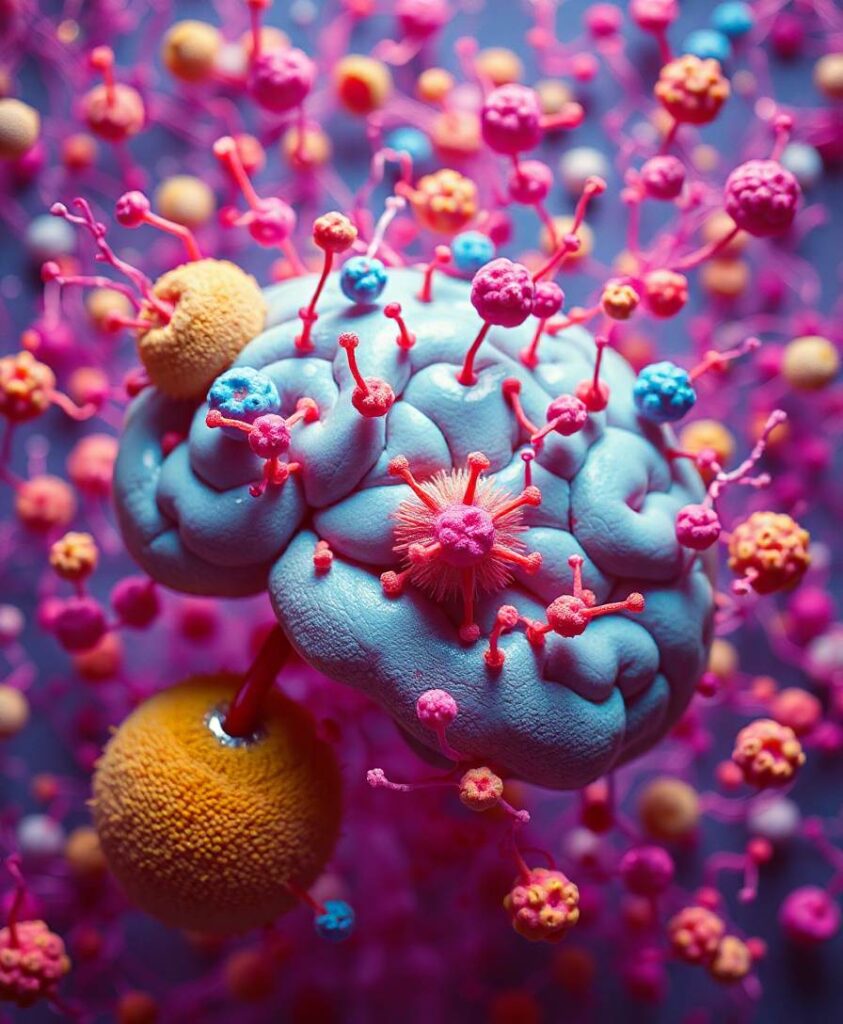More women have Alzheimer disease (AD) than men, but the reasons for this phenomenon are still unknown. Including women in clinical research and studying their biology is key to understand not just their increased risk but also their resilience against the disease. In this sense, women are more affected by AD than men, but their reserve or resilience mechanisms might delay symptom onset. The aim of this review was to explore what is known about mechanisms underlying women’s risk and resilience in AD and identify emerging themes in this area that merit further research. We conducted a review of studies analyzing molecular mechanisms that may induce neuroplasticity in women, as well as cognitive and brain reserve. We also analyzed how the loss of steroid hormones in aging may be linked to AD. We included empirical studies with human and animal models, literature reviews as well as meta-analyses. Our search identified the importance of 17-b-estradiol (E2) as a mechanism driving cognitive and brain reserve in women. More broadly, our analysis revealed the following emerging perspectives: (1) the importance of steroid hormones and their effects on both neurons and glia for the study of risk and resilience in AD, (2) E2’s crucial role in women’s brain reserve, (3) women’s verbal memory advantage as a cognitive reserve factor, and (4) E2’s potential role in linguistic experiences such as multilingualism and hearing loss. Future directions for research include analyzing the reserve mechanisms of steroid hormones on neuronal and glial plasticity, as well as identifying the links between steroid hormone loss in aging and risk for AD.

